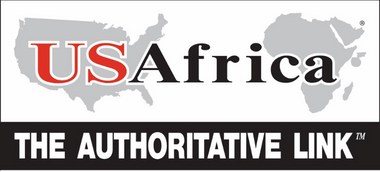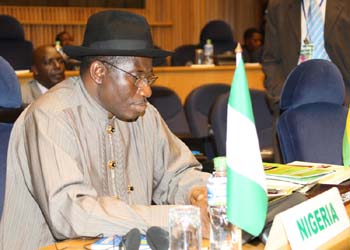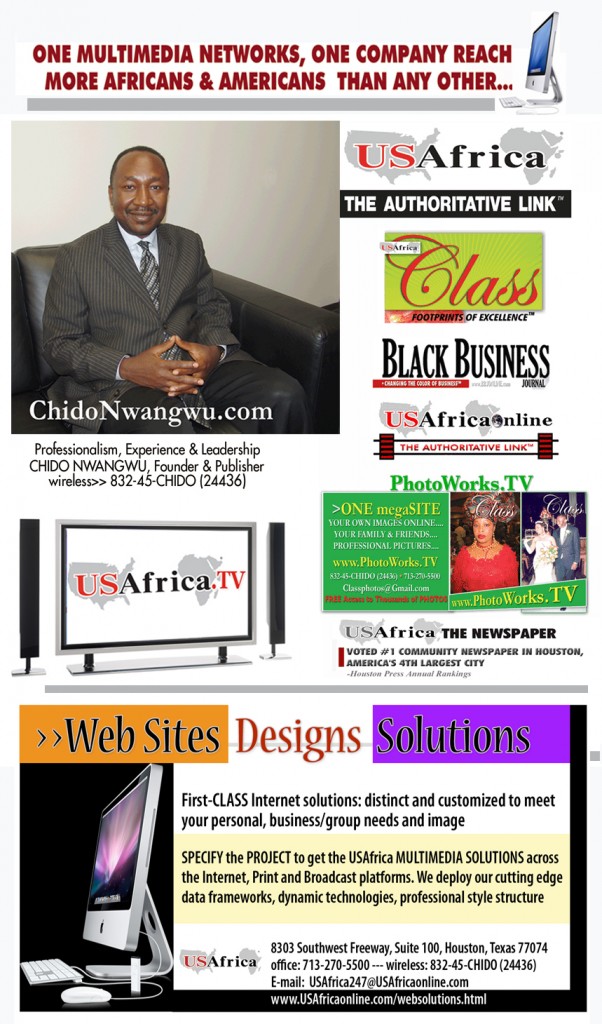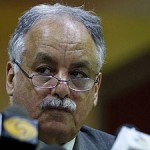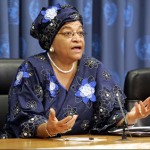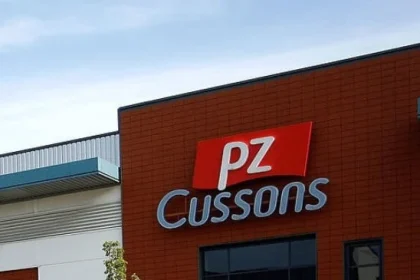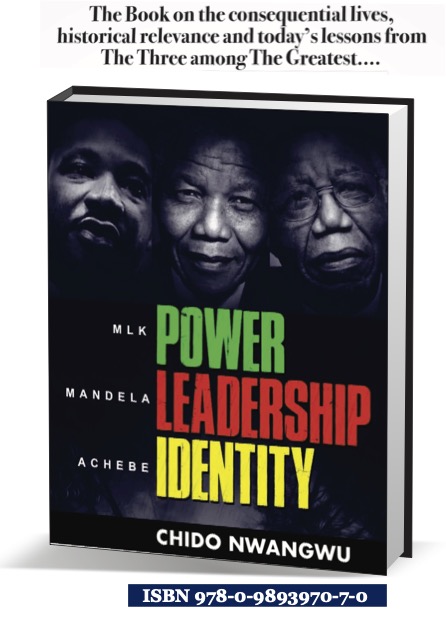The key issues of Nigeria’s Oil Import Subsidy saga
As the debate over the critical issue of oil import subsidy continues, Nigerians and others have been told various things by various, interested parties and interests. In this commentary written for USAfricaonline.com, CLASSmagazine, OilandGasMediaWorks, and the USAfrica-powered e-group of Nigeria360, analyst OMOH OKPOH raises some questions with his thought-provoking perspective.
https://usafricaonline.com/2011/11/11/nigeria-oil-import-subsidy-saga-okpoh
——-
USAfrica: Across Nigeria’s newspapers, tv, political groups, social and business circles, the subsidy discussions continue to grow. Hence, I have some questions for my fellow Nigerians. Is it true that:
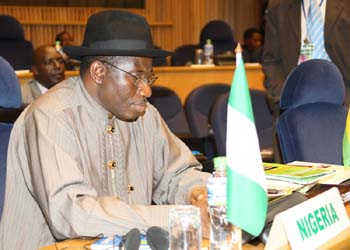
1) A whopping N1.2 trillion (25% of Budget 2011) has been spent on imported oil subsidy as at September 30, 2011?
2) Is it true that every ship carrying imported oil that arrives Nigerian port is automatically awarded 10 days of demurrage payment for starters regardless of whether it eventually gets off-loaded in two or
three days?
3) Is it true that no one at the NNPC, PPRA actually knows or cares about the actual quantity of oil on the vessels ( inflated tonnage =over-invoicing = more money for the NNPC, PPRA,PFEF, transporters, etc.
officials to share) in the name of subsidy?
4) Is it also correct to say that the honey pot that the oil import arrangement has obviously become is the very reason local refineries are being sabotaged from working?
5) Is it true that the very existence of this corruption driven importation arrangement is a clear and imminent disincentive to local and foreign investment in refinery business in Nigeria?
6) Is it true that even some of the locally refined petroleum products are taken off Nigerian territorial waters and then brought back into the country as “imports” paid for in foreign exchange; attract
demurrage and financing charges (some evil genius at work)?
7) Is it true that no one at the Petroleum Ministry of Nigeria, and the NNPC, PPMC, PPRA has ever felt ashamed or embarrassed all these years that Nigeria lives on imported refined products because of
the gargantuan patronage and rent-seeking opportunities that importation presents?
8) Is it true that the money paid for the largely unsubstantiated subsidy claims by a few politically connected oil importers, administrators and transporters is actually money that belongs to the
Nigerian tax payers (the people) in the first place?
If the answer to these or even half of these questions is YES; I ask, therefore, in whose interest would it be for any responsible government to sustain and perpetuate such an ingenuously constructed and intricate framework of unconscionable corruption that has created indolent billionaire “businessmen/women” in the private and public sectors over the decades before the advent of the Jonathan Presidency? Could it be the short-changed masses or the few real subsidy beneficiaries who parade themselves as entrepreneurs
without enterprises?
For a society that has been used to successive governments lacking the political will to take decisions that will hurt even its close allies, for a people long used to government not walking its talk in the matter of petroleum price adjustment and accompanying palliatives, for a society deprived of the real facts and figures and the mechanics of oil subsidy administration and hence susceptible to disinformation churned out by vested interests in the matter, it may not recognize a courageous and watershed decision when it
sees one. This is the dilemma of the Nigerian public facing President Jonathan, sequel his historic and courageous decision.
It will be disparaged, challenged and pooh pooh-ed by the powerful vested interests who are angry and jittery about losing their zones of comfort.
I believe that the least the Jonathan Administration can do to win the people’s confidence on this issue is to empower them immediately with the facts and the real issues of the subsidy debate. Such a move will foster the necessary turnaround understanding and support from the public –upon realizing that this is solely about their future and that of posterity.
—-
USAfrica, and first African-owned, U.S-based newspaper published on the internet USAfricaonline.com; The Black Business Journal, CLASSmagazine, PhotoWorks.TV, AchebeBooks.com, Nigeria360, USAfricaTV and several blogs, assessed by The New York TImes as the largest and arguably most influential multimedia networks for Africans and Americans. News@USAfricaonline.com. wireless: 1-832-45-CHIDO (24436). Office: 713-270-5500.
——
Why Chinua Achebe, the Eagle on the Iroko, is Africa’s writer of the century. By Chido Nwangwu, Publisher of USAfrica, and first African-owned, U.S-based newspaper published on the internet USAfricaonline.com https://usafricaonline.com/chido.achebebest.html
——-
USAfrica: As Egypt’s corrupter-in-chief Mubarak slides into history’s dustbin. By Chido Nwangwu. https://usafricaonline.com/2011/01/30/chido-nwangwu-as-egypt-corrupter-in-chief-mubarak-slides-into-historys-dustbin-egyptians-not-waiting-for-obama-and-united-nations/
• Nigeria’s bin-Laden cheerleaders could ignite religious war, destabilize Africa. By USAfrica’s Publisher Chido Nwangwu. https://usafricaonline.com/chido.binladennigeria.html
www.usafricaonline.com/chido.ngrtalibans09.html
